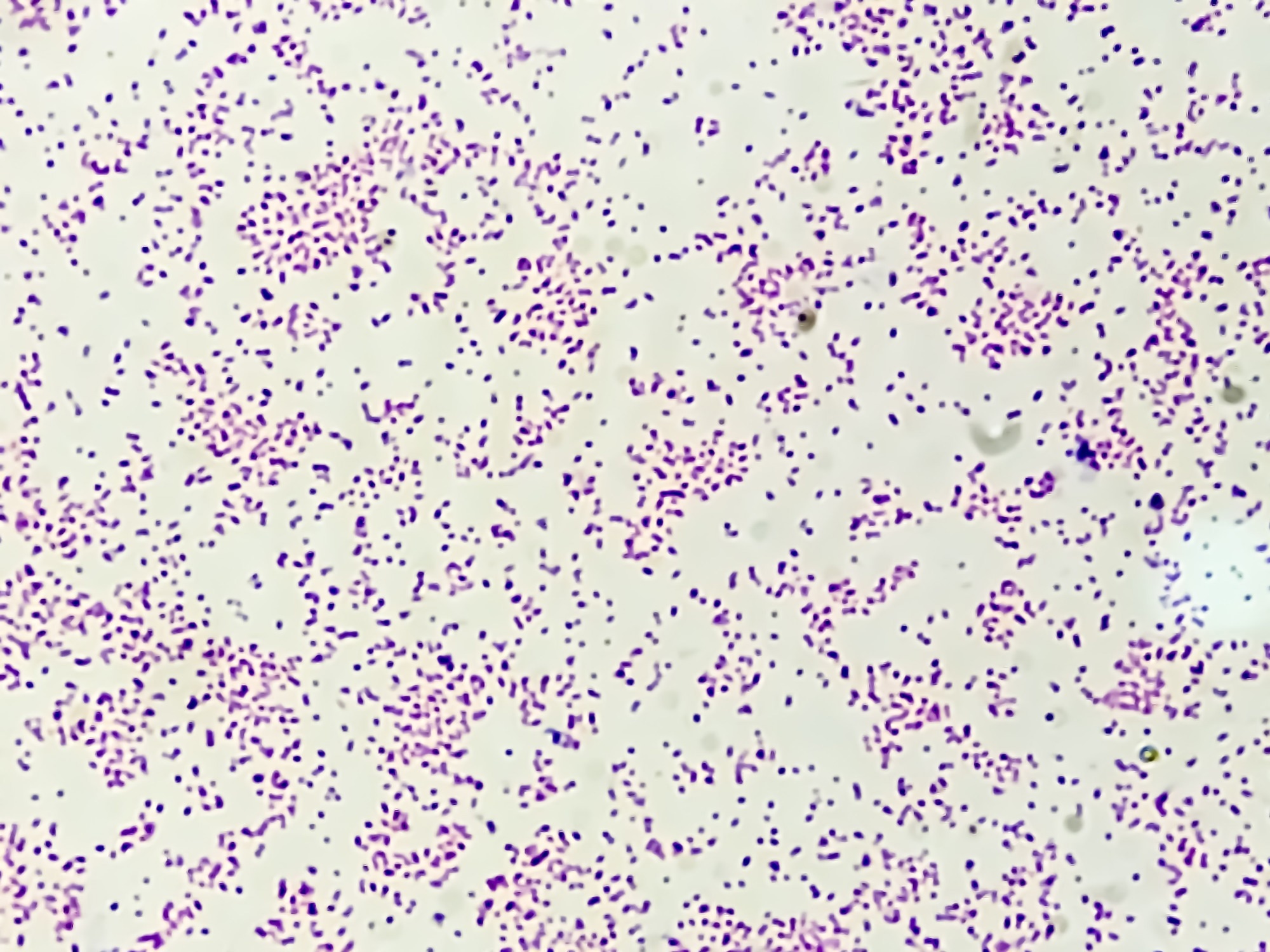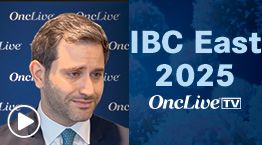U.S. Supreme Court Ruling on Medicaid Beneficiaries’ Rights
Case Overview: Medina v. Planned Parenthood South Atlantic
In a recent decision, the U.S. Supreme Court ruled against Medicaid beneficiaries seeking to enforce their “free choice of provider” rights under the Medicaid Act. This ruling restricts legal avenues to challenge South Carolina’s exclusion of Planned Parenthood and other providers from its state Medicaid program.
Implications for Sustainable Development Goals (SDGs)
This ruling has significant implications for several Sustainable Development Goals, particularly:
- SDG 3: Good Health and Well-being – By limiting access to diverse healthcare providers, the decision may affect the quality and availability of essential health services for vulnerable populations.
- SDG 10: Reduced Inequalities – Restricting Medicaid beneficiaries’ rights to choose providers could exacerbate health disparities among low-income and marginalized groups.
- SDG 16: Peace, Justice, and Strong Institutions – The ruling highlights challenges in ensuring legal protections and access to justice for all citizens, particularly those reliant on public health programs.
Key Points
- The Supreme Court’s decision limits Medicaid beneficiaries’ ability to sue for enforcement of provider choice rights.
- South Carolina’s exclusion of Planned Parenthood from Medicaid programs remains legally unchallenged through this pathway.
- The ruling may impact equitable access to healthcare services, affecting vulnerable populations.
Conclusion
The Supreme Court’s ruling in Medina v. Planned Parenthood South Atlantic underscores ongoing challenges in aligning healthcare policies with the Sustainable Development Goals, particularly those focused on health equity, justice, and reducing inequalities. Continued efforts are necessary to ensure that all individuals have access to comprehensive and equitable healthcare services.
1. Sustainable Development Goals (SDGs) Addressed or Connected
- SDG 3: Good Health and Well-being
- The article discusses access to healthcare services through Medicaid, which is directly related to ensuring healthy lives and promoting well-being for all.
- SDG 10: Reduced Inequalities
- The limitation on Medicaid beneficiaries’ ability to enforce their rights highlights issues of inequality in access to healthcare services.
- SDG 16: Peace, Justice, and Strong Institutions
- The article involves legal challenges and the enforcement of rights, connecting to the goal of promoting access to justice and building effective institutions.
2. Specific Targets Under Those SDGs
- SDG 3: Good Health and Well-being
- Target 3.8: Achieve universal health coverage, including financial risk protection and access to quality essential healthcare services.
- SDG 10: Reduced Inequalities
- Target 10.2: Empower and promote the social, economic, and political inclusion of all, irrespective of age, sex, disability, race, ethnicity, origin, or other status.
- SDG 16: Peace, Justice, and Strong Institutions
- Target 16.3: Promote the rule of law at the national and international levels and ensure equal access to justice for all.
3. Indicators Mentioned or Implied to Measure Progress
- For SDG 3, Target 3.8:
- Indicator 3.8.1: Coverage of essential health services (e.g., proportion of population covered by health insurance or access to essential healthcare providers).
- Indicator 3.8.2: Proportion of population with large household expenditures on health as a share of total household expenditure or income.
- For SDG 10, Target 10.2:
- No specific indicator is explicitly mentioned, but implied indicators could include measures of equitable access to healthcare services among marginalized populations such as Medicaid beneficiaries.
- For SDG 16, Target 16.3:
- Indicator 16.3.2: Unsentenced detainees as a proportion of overall prison population (implying access to justice and legal processes).
- Implied indicators include the ability of individuals to seek legal redress and enforce rights under national laws, such as the Medicaid Act.
4. Table of SDGs, Targets, and Indicators
| SDGs | Targets | Indicators |
|---|---|---|
| SDG 3: Good Health and Well-being | Target 3.8: Achieve universal health coverage, including financial risk protection and access to quality essential healthcare services. |
|
| SDG 10: Reduced Inequalities | Target 10.2: Empower and promote the social, economic, and political inclusion of all. |
|
| SDG 16: Peace, Justice, and Strong Institutions | Target 16.3: Promote the rule of law and ensure equal access to justice for all. |
|
Source: hrc.org







